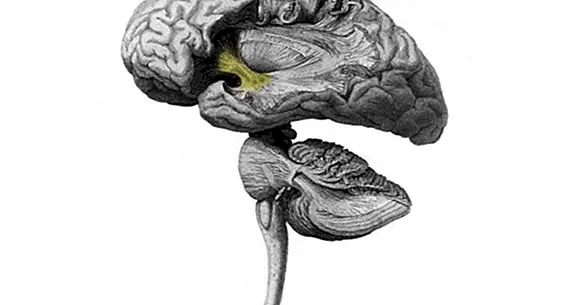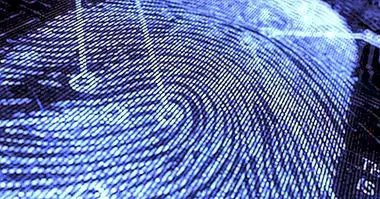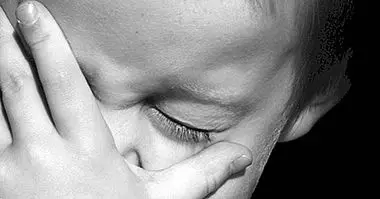Psychopathy: what happens in the mind of the psychopath?
What is a psychopath ? In his work "Antisocial personalities" (1994), David Lykken explores the psychopathic and sociopathic personalities, the different subtypes that exist of them and the role played by the personal and socialization factors that intervene in the genesis of the violence of the children that from very small aim to become delinquents.
Throughout this work it becomes clear what for him is one of the most decisive components in the future of a child most likely to develop a style of antisocial personality : parents.
The mind of the Psychopath: serious difficulties to socialize
People affected by this disorder have not developed an awareness or habits of respect for the laws and regulations that deter the rest of committing antisocial acts, due to inherent peculiarities that make it difficult or impossible for them to socialize. They are characterized by having innate traits of character that totally or partially disable them to socialize, or by intermittent periods of socialization and antisocial behavior.
There are three components of socialization :
1. Conscientiousness
It is the natural tendency to avoid criminal behavior . It is usually a consequence of the fear of punishment, both that which involves a social rejection of the crime itself, as well as the self-inflicted by guilt and remorse felt afterwards.
This does not mean that the temptation to commit a crime is continuous, since prosocial behaviors have become a habit that distances most members of society from those most reprehensible. This habit is not consolidated until adulthood, so by the end of adolescence the crime rate reaches its highest level. This component is the result of the parental activity and the characteristics of each one.
2. Prosociality
General predisposition toward prosocial behavior . It is developed thanks to the bonds of affection and empathy with the people with whom we relate, which causes us to want to enjoy the benefits of this type of ties and a genuine will to behave in the same way.
3. Acceptance of adult responsibility
It refers to the motivation to participate in life in society and the assimilation of work ethic , as well as the acceptance of the values of effort and personal improvement as a means to achieve personal goals.
However, we must not lose sight of the fact that there are well-socialized people who in certain circumstances will commit crimes, while others, even if they are not criminals, are lazy or of evil character and can be considered bad citizens.
Causes and manifestations of Psychopathy
Cleckley (1955) proposed that the emotions resulting from the experiences experienced by psychopaths of the "primary" type are weakened in terms of the intensity with which they are affected. Through experience, emotions and feelings guide and reinforce this learning process , thus constructing a moral and a value system.
But what happens to these individuals is that normal socializing experiences are ineffective for the creation of this morality, which is the mechanism through which we socialize people. Hence, they fail at the level of establishing personal links. Due to an innate defect, they can verbalize what they know about emotions without really understanding the meaning of what they are telling.
However, they can feel all those feelings that, if they do not lodge, would not lead them to commit the actions, legal or illegal, that they commit. In the words of Gilbert and Sullivan:
"When the delinquent is not engaged in his employment, or is not forging his little criminal plans, he is as capable of feeling innocent pleasure as any honest man." (p.192)
- If you are interested in the topic of Psychopathy, we recommend the articles "Types of psychopaths" and "The difference between psychopathy and sociopathy"
Bibliographic references:
- Cooke, D.J., Hart, S.D., Logan, C., & Michie, C. (2012). Explicating the Construct of Psychopathy: Development and Validation of a Conceptual Model, the Comprehensive Assessment of Psychopathic Personality (CAPP). International Journal of Forensic Mental Health, 11 (4), 242-252.
- Lykken, D. (1994) Antisocial personalities. Barcelona: Herder.
- Vinkers, D. J., de Beurs, E., Barendregt, M., Rinne, T., & Hoek, H. W. (2011). The relationship between mental disorders and different types of crime. Criminal Behavior and Mental Health, 21, 307-320.



















